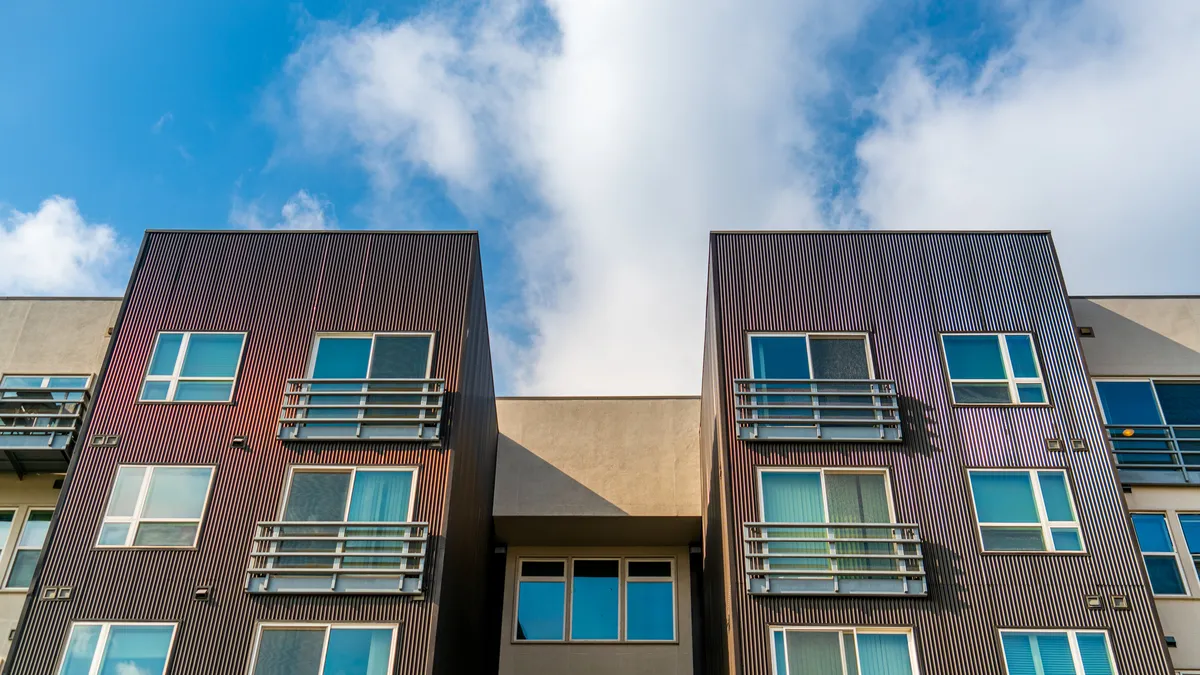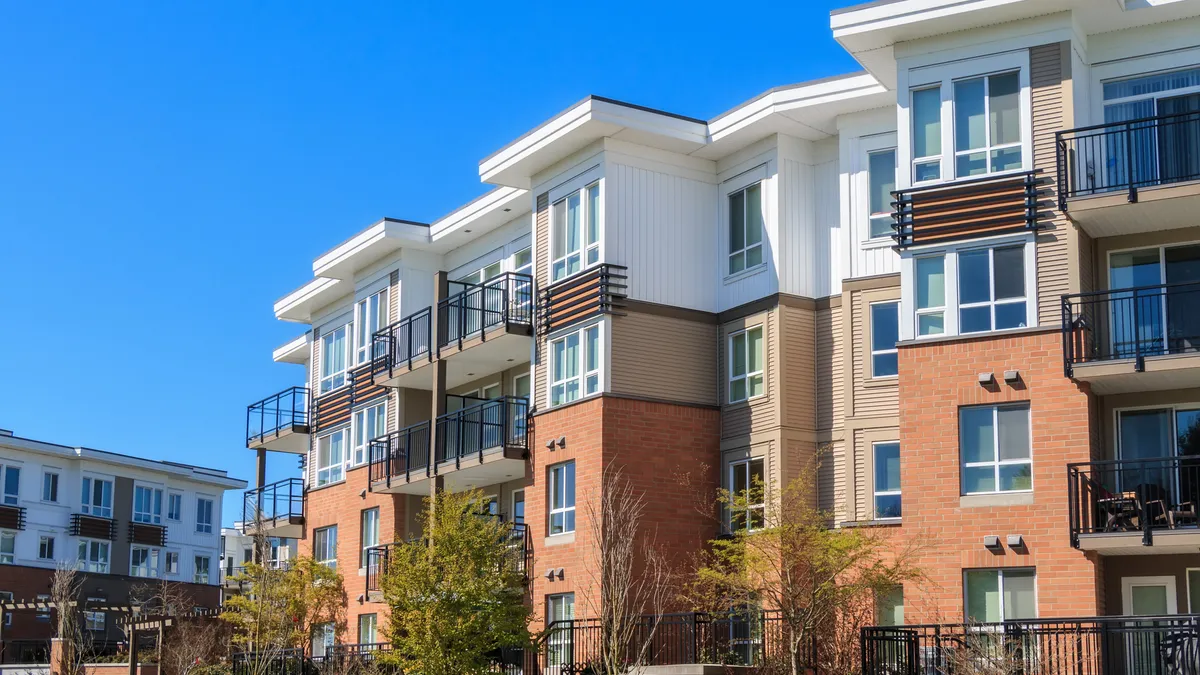This story is the second in a series looking at the impact of recent tech-focused layoffs on the multifamily sector. Click here for the first article.
In the recent round of REIT earnings calls in early February, Wall Street analysts peppered executives with questions about the headline-grabbing layoffs in the technology sector, wondering if job cuts could hurt occupancy and force apartment owners to lower rents. It was nothing new for seasoned apartment leaders.
“As with past economic slowdowns, a frequent concern involves the tech companies that dominate Northern California and Seattle with near-daily reminders of tech layoffs amplified in the newspapers,” Michael Schall, CEO for Palo Alto, California–based Essex Property Trust said on his company’s earnings call.
However, unlike past upheavals in the tech industry, these layoffs, which began in 2022, haven’t yet led to widespread problems for landlords. So far these announced job cuts, like Google’s 12,000 employees and Microsoft’s 10,000, only led to “a handful of residents terminating leases early” at Chicago-based REIT Equity Residential, which owns properties on the West Coast, CEO Mark Parrell said on the company’s recent earnings call.
“Possibly the impact is delayed due to severance and other factors,” Parrell said. “But it is at least equally possible that the workers in these categories are being quickly reabsorbed into the job market.”
Even if most REIT executives haven’t seen layoffs impact their portfolios, they are monitoring the situation. And, if those job cuts do hit apartment renters, they could be felt in portfolios far beyond the traditional tech hubs on the coasts.
West Coast issues
If tech layoffs become a problem for rental operators, the effects should be most pronounced in coastal cities like San Francisco; New York City; Boston; Washington, D.C.; Los Angeles; and San Jose, California, and in one metro in the middle of the country — Austin. In 2019, these locations housed 1.5 million tech jobs (38.2% of the employment in that sector), according to the Brookings Institution.
Before the pandemic, San Francisco and San Jose generated almost 20% of the nation’s entire new tech employment, according to Brookings. Seattle added more than 40,000 new tech jobs in the period from 2015 to 2019. These are markets where apartment REITs like Essex, Equity Residential and Arlington, Virginia–based AvalonBay Communities have built major portfolios.
When COVID hit, workers left those high-cost markets. San Francisco and Seattle were two of the slowest in the country to come back from the pandemic exodus of residents.
People signing leases can still get discounts in Seattle and the Bay Area, but some of that might be driven by the residual impacts of the pandemic exodus. Equity Executive Vice President of Operations Michael Manelis said 25% of its applications in San Francisco are receiving two weeks of concessions, while 40% of its Seattle applications are receiving one month.
“San Francisco and Seattle have been slower to recover than the other markets, but both posted really good revenue growth in 2022,” Manelis said. “Both cities have been balancing a combination of quality-of-life issues in their downtown, which are getting better, and a delayed return to the office from large tech employers.”
But in the suburbs of Seattle and San Francisco demand has outstripped available housing supply, even since the layoffs began. “In our suburban California and Washington markets, I imagine that lack of housing affordability is probably affecting our portfolio more than tech layoffs,” said Bobby Lee, CEO of Los Angeles-based JRK Holdings.
Beyond the coasts
Traditionally, an apartment owner with a Sun Belt focus might not have had to worry about issues in the tech sector. But tech jobs have migrated to other areas of the country. In some cases, it was driven by corporate relocations, like Hewlett Packard, Oracle and Tesla moving to Texas.
Even before the pandemic, a number of metros, including Atlanta; Dallas; Denver; Miami; Orlando, Florida; San Diego; Kansas City, Missouri; St. Louis; and Salt Lake City, were becoming tech hubs. Those cities generated 87,000 new jobs in the sector between 2015 and 2019, according to Brookings.
Once COVID hit, tech workers, untethered to their offices, scattered around the country, moving to places like Cincinnati; Charlotte, North Carolina; Nashville, Tennessee; and Ogden, Utah, according to Brookings.
“Early in COVID, we saw a lot of the dispersion of the tech jobs around the country,” said Joe Fisher, president and CFO of Denver-based REIT UDR on the company’s earnings call.

With that dispersion, apartment operators around the country will need to stay focused on job loss numbers. Fisher said that UDR’s data analytics team spent time culling Worker Adjustment and Retraining Notification Act (WARN) notices, the legally required notifications of layoffs, and found that tech jobs are being lost beyond San Francisco, Austin and Seattle.
“When you look at the percentage of those layoffs that are taking place or percentage of the workforce and those markets, it's not nearly as impactful as I think most of us typically think when we see the headlines just based off where certain companies are headquartered,” Fisher said. “So there's more of a dispersed impact around our portfolio and as well as markets we're not in.”
Even if the tech sector does face short-term challenges, Schall, an executive who has spent 37 years with a company focused on the West Coast, said the sector will continue generating high-paying jobs that serve as the bedrock of rental growth.
“We think that some of the more recent tech announcements are just sort of giving back a small portion of the job gains that occurred during the pandemic,” Schall said. “So we don't even consider tech to be all that weak at this point in time. I think it's just transitioning from what it was and taking the next step or the next chapter of things.”
Click here to sign up to receive multifamily and apartment news like this article in your inbox every weekday.


















